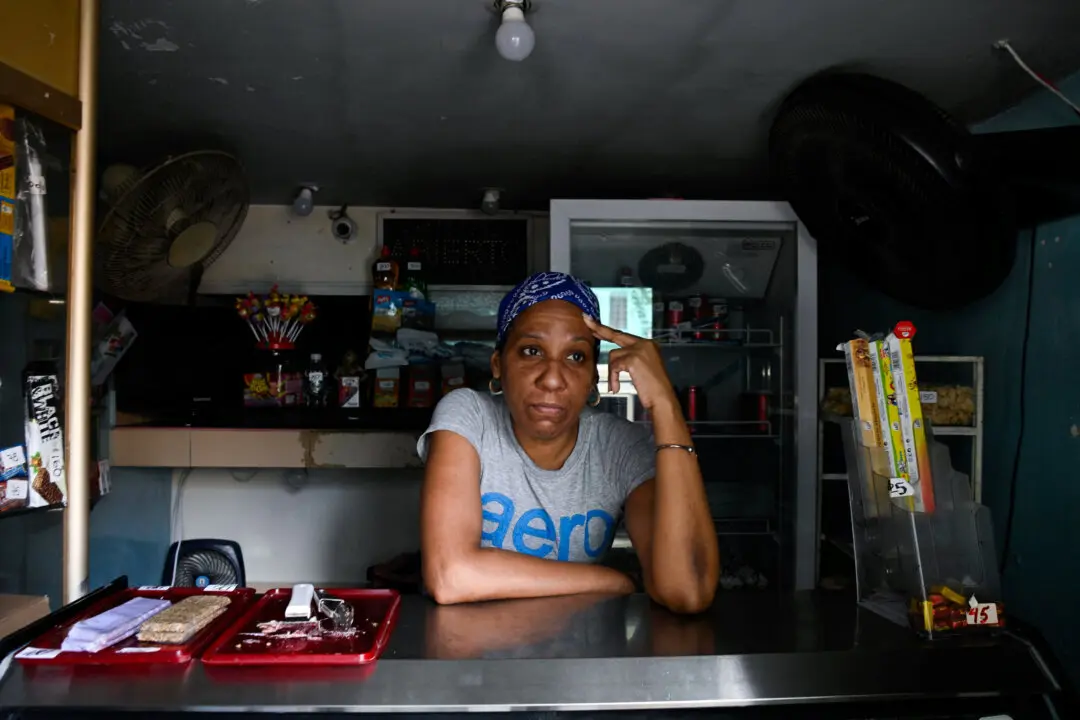SAN FRANCISCO—Alphabet Inc’s Google announced on Aug. 22 that its YouTube streaming video service disabled 210 channels appearing to engage in a coordinated influence operation around the Hong Kong protests, days after Twitter and Facebook said they dismantled a similar campaign originating in mainland China.
“This discovery was consistent with recent observations and actions related to China announced by Facebook and Twitter,” said Shane Huntley, one of Google’s security leaders, in a blog post. But he stopped short of identifying the origin of the channels.





